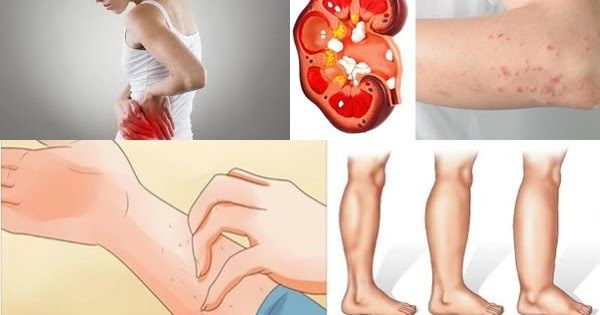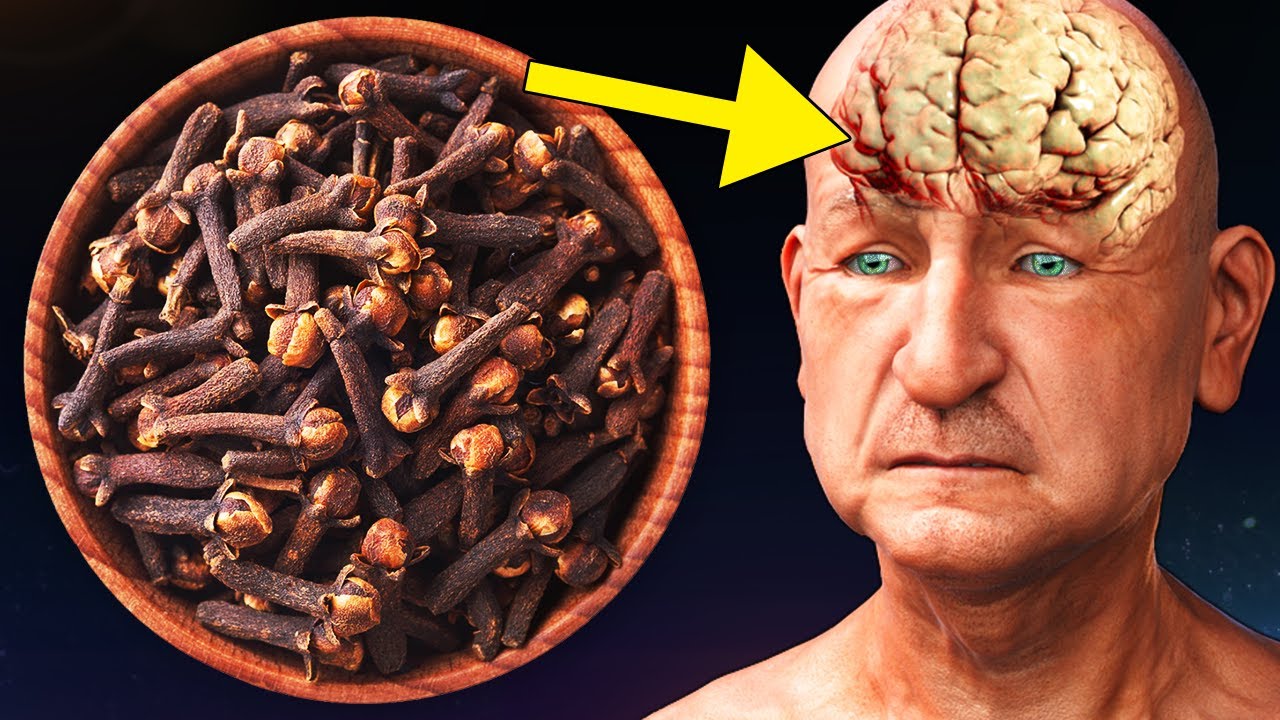
Did you know that your kidneys are responsible for filtering around 10-150 quarts of blood every day? They play a vital role in keeping your body healthy by removing excessive fluids and waste materials. Additionally, they regulate electrolyte levels, maintain strong bones, produce red blood cells, and stabilize blood pressure.
However, sometimes our kidneys can encounter problems, which can have a significant impact on our overall health. It’s crucial to recognize the signs of kidney damage or failure and take preventive measures. Here are some common signs to look out for:
Swellings
If your kidneys are not functioning properly, they may struggle to eliminate excess fluids from your body. This can lead to swelling in various areas, such as the face, joints, and limbs.
Changes in Urination
Early signs of kidney problems often manifest through changes in urination. Pay attention to the following symptoms:
- Difficulty urinating
- Feeling pressure during the urination process
- Dark urine, infrequent urination, or small amounts of urine
- Pale-colored urine, frequent urination, or large amounts of urine
- Foamy urine
- Increased urge to urinate during the night
Skin Rash
The buildup of waste in your body can result in skin rashes and itching. The accumulation of toxins in the blood affects the health and appearance of your skin, making it dry, unhealthy, and irritated.
Fatigue
Healthy kidneys produce a hormone called erythropoietin (EPO), which stimulates the production of red blood cells. These cells carry oxygen to the parts of the body that need it. When the number of red blood cells decreases due to kidney damage, fatigue sets in. This tiredness can also affect your brain and muscles and may indicate severe anemia.
Shortness of Breath
While shortness of breath is a common issue, it can also be a sign of kidney damage. If your body lacks enough oxygen, it could be due to a reduced number of red blood cells, which are responsible for delivering oxygen throughout the body. The accumulation of harmful toxins in the lungs affects the production of these blood cells.
Metallic Taste in the Mouth
Kidney damage can alter your sense of taste, giving you a metallic taste in your mouth. This change in taste can even lead to chronic bad breath. Additionally, kidney damage may cause a severe change in your appetite or aversion to certain foods.
Pain
Pain in the upper back is another symptom of kidney damage, as the kidneys are located in that area. Infections or the presence of kidney stones can exacerbate the pain.
Poor Concentration and Dizziness
Insufficient oxygen flow to the brain is a clear sign of both severe anemia and kidney failure. This lack of oxygen can affect your focus, concentration, and memory, leading to dizziness and lightheadedness.
It’s important to take care of your kidneys and incorporate healthier foods into your diet. Include antioxidant-rich foods or supplements to support optimal kidney function and overall well-being. By prioritizing kidney health, you can ensure that your body processes waste effectively and efficiently.




